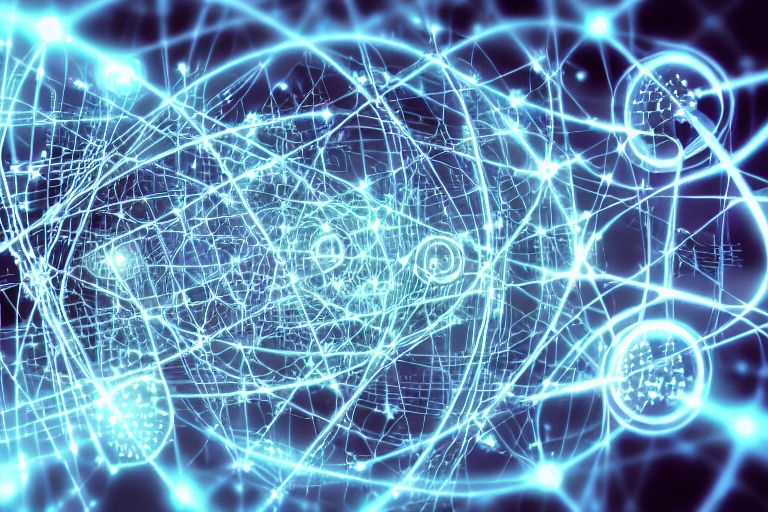The Use of Quantum Mechanics in Modern Computing and Cryptography
Quantum mechanics is a field of physics that studies the behavior of matter and energy at the smallest scales, such as atoms and subatomic particles. In recent years, it has become clear that quantum mechanics can have significant applications in computing and cryptography that go beyond what classical mechanics can offer.
One of the most well-known applications of quantum mechanics is in quantum computing. Unlike classical computing, which processes information through binary digits, or bits, quantum computing relies on quantum bits, or qubits. Qubits can represent not just 1s or 0s, but any superposition of the two, which allows quantum computers to perform certain calculations exponentially faster than classical computers.
But quantum computing is not just about speed; it also has the potential to revolutionize cryptography. One of the most promising applications is in the development of quantum-resistant cryptography. Currently, most public key cryptography relies on the difficulty of factoring large numbers. While classical computers struggle with this task, quantum computers could solve it relatively quickly.
To prepare for this possibility, researchers have been developing alternative cryptographic methods that are resistant to quantum attacks. One example is lattice-based cryptography, which uses mathematical problems related to lattices to create secure keys. Another is hash-based cryptography, which uses hash functions to generate keys that are resistant to quantum computing.
Beyond cryptography, quantum mechanics is also being used in other areas of computing. For example, quantum machine learning algorithms can help to identify patterns in large datasets more quickly than classical algorithms. And quantum sensors can be used to detect signals with greater sensitivity than classical sensors, which could have applications in fields such as medical imaging and environmental monitoring.
In conclusion, the use of quantum mechanics in modern computing and cryptography has the potential to unlock new levels of speed, security, and functionality. While there are still many technical challenges to overcome, researchers are making rapid progress in this exciting field.



